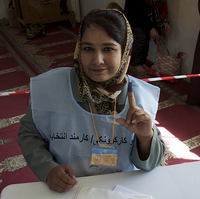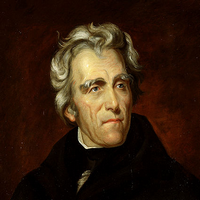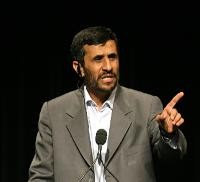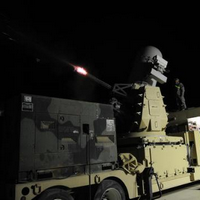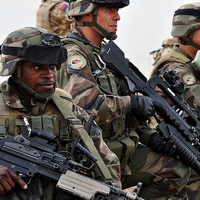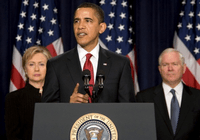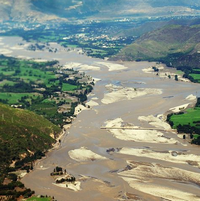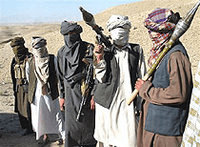
President Barack Obama’s July 2011 deadline for a drawdown of U.S. troops from Afghanistan has raised concerns among Central Asian analysts, who worry that links between the Taliban, al-Qaida and Islamist militants in Central Asia could result in a negative spillover effect following the U.S. withdrawal. As if to highlight their fears, the al-Qaida-linked Islamic Movement of Uzbekistan (IMU) claimed responsibility for a Sept. 19 attack on a military convoy in Tajikistan, which left 25 military personnel dead. And according to Baktybek Abdrisaev, former Kyrgyz ambassador to the United States and Canada and currently a visiting professor at Utah Valley […]

